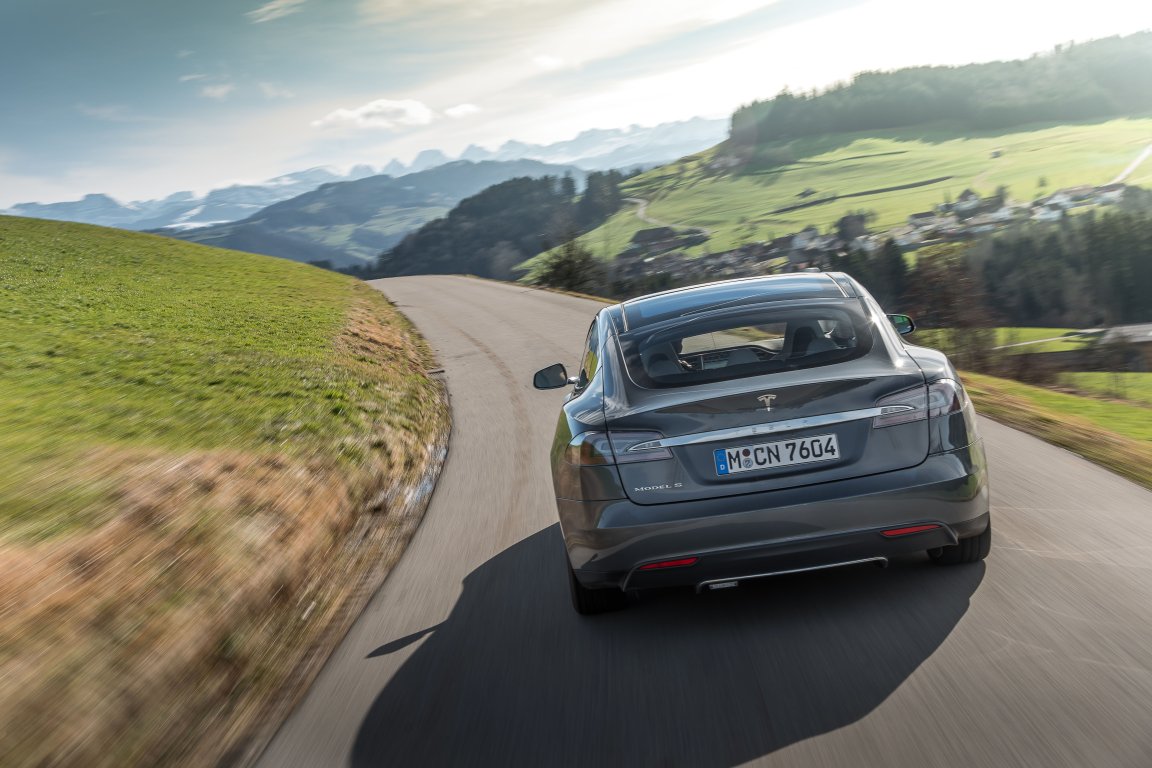
Ahead of Schedule
For the procrastinators of the world, simply hitting a deadline is often an achievement worthy of celebration. Clearly, battery researcher Jeff Dahn is not one of those people. Less than one year into a research partnership with Tesla, his team has created and lab-tested cells capable of doubling the lifetime of the company’s batteries — a milestone they weren’t expected to hit for another four years.
According to Electrek, Dahn revealed this information during a Q&A session following a recent talk at the Massachusetts Institute of Technology (MIT). He noted that the target was first set during a funding request to the Natural Sciences and Engineering Research Council of Canada (NSERC).
“I wrote down the goal of doubling the lifetime of the cells used in the Tesla products at the same upper cutoff voltage. We exceeded that in round one,” explained Dahn at the Q&A. “That was the goal of the project, and it has already been exceeded.”

The aluminum coating identified by Dahn’s group withstood an arduous testing process in the lab using machines developed as part of the research, coming through the tests with barely any degradation. The coating is so tough, in fact, that Dahn believes the batteries and Tesla’s cars could actually last 20 years.
Tougher Tech
Although the cells aren’t in Tesla products yet, once they are fully incorporated, these longer-lasting batteries will no doubt be a huge incentive for anyone thinking about buying a Tesla product.
Not only will the company’s cars last longer thanks to these battery cells, they’ll also dramatically increase the return on investment of Tesla’s residential and commercial energy products, the Powerwall and Powerpack. A one-time purchase would lead to decades of clean, reliable energy and transportation — great news for both consumers and the environment.
Perhaps most exciting of all is the fact that the team still has four years of research ahead of it. “We are not going to stop — obviously — we have another four years to go. We are going to go as far as we can,” Dahn asserted. If year one is any indication, the progress made by the time the partnership ends should be nothing short of revolutionary.
Editor’s note: This article has been updated to correct errors. A representative from Tesla reached out to clarify that the cells in question were tested in the lab and they are not in Tesla’s products yet.